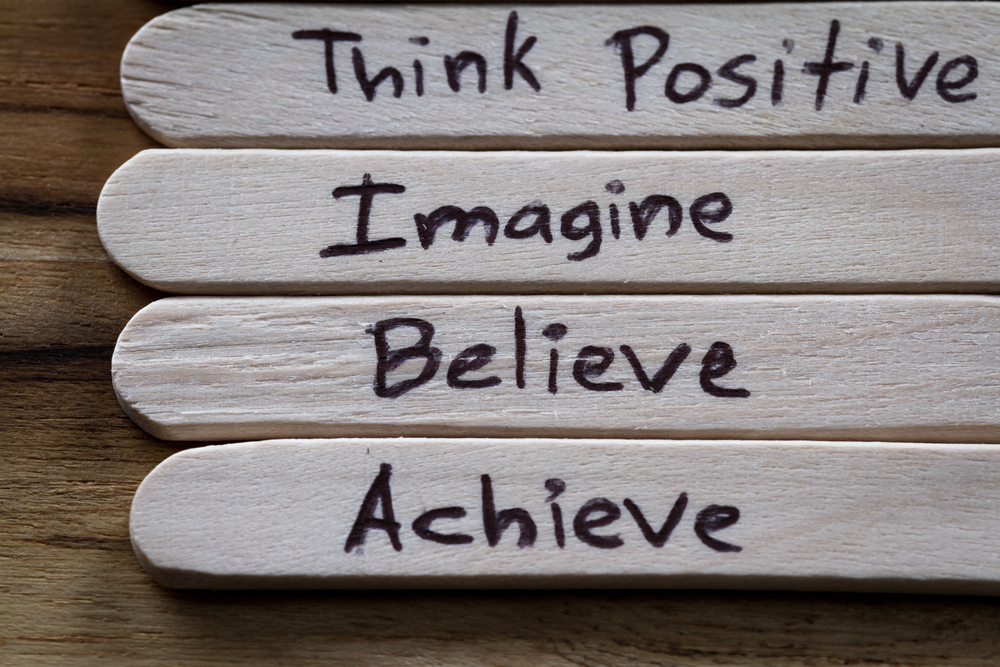
The Reality of Teen Suicide
July 10, 2020
Blended Family
July 13, 2020
I love musical theatre. It’s my interest and passion. However, when my 7-year-old daughter turned to me during a live performance of “The Wizard of Oz” and said she wanted to be on stage performing, I thought she was being silly.
My daughter had always been a very shy, awkward and quiet child. I couldn’t imagine her wanting to perform in front of an audience, much less audition. Yet, eight years later, she has performed in more than 20 musical productions and is thriving in her craft. She is no longer that shy little girl. Instead, she commands the stage.
Human motivator
What accounts for children gravitating to one sport, hobby or interest? This past summer, as the world watched the Olympics, we heard inspirational stories of successes, challenges and sometimes-failures that led these athletes to become successful in their sport. It was clear that many of these athletes were born with drive, perseverance, dedication and, most of all, self-esteem.
Self-esteem reflects a person’s evaluation of his or her own worth. It’s how people judge themselves and form the attitudes they have about themselves. Renowned psychologist Abraham Maslow said the need for self-esteem is one of the basic human motivators. In order to grow and achieve, he suggested people need esteem from others, as well as respect of self. Both of these needs must be fulfilled in order for an individual to grow as a person and be confident.
Research suggests genetic factors that help shape overall personality can play a role in the development of our self-esteem. Some kids are born with low self-esteem, which may not have any reflection of their home environment. With these children, it’s important for parents and caregivers to be sensitive, be gentle with constructive criticism, and praise more than criticize. As parents, we need to work extra hard at encouraging and helping support their interests and hobbies. Also, it’s critical that parents and caregivers model positive self-esteem, even if they may not feel it all the time.
 Confidence builder
Confidence builder
Behind every scholar, athlete, dancer, artist, musician or talented person, there has been someone or many people supporting and encouraging them. It’s extremely important that children excel or find pleasure in something. It’s also important that as parents and caregivers, we support our children. We need to encourage their passions and interests, which will build their confidence and self-esteem.
Children want to feel valued ̶ not only by their families, but by the greater community. My son is involved in community service as a class project. I’ve noticed this not only makes him feel good about helping others, but also about himself. Helping children have an identity and a role in the community is a great way to feel valued.
It’s a fine balance between pushing children to explore new things and respecting their fears and apprehensions. If your child struggles with confidence, I suggest pairing him up with a friend when trying something new so he doesn’t feel alone. Remember, the first thing they try might not be a success. The important thing is that they keep trying.
Most importantly, teach children to believe in themselves, be compassionate with themselves and praise themselves. Before each performance, my daughter repeats a mantra that helps her with performance anxiety: “I am strong, I am courageous, I can do this!” It’s important that kids learn to support themselves as their family is alongside, encouraging them.
By // Dena Cabrera, PsyD, CEDS



